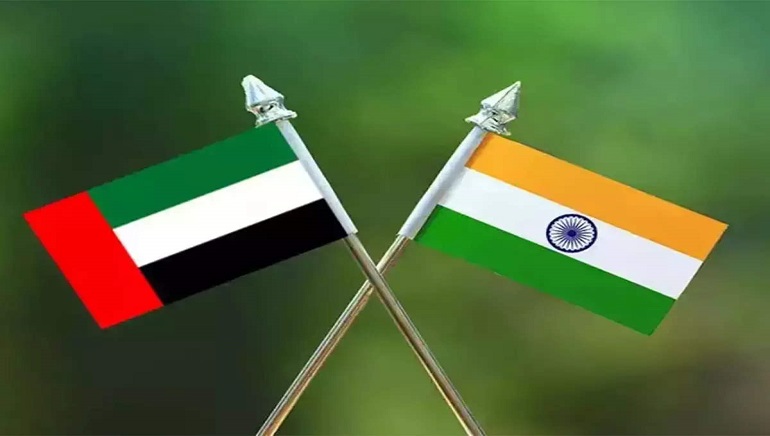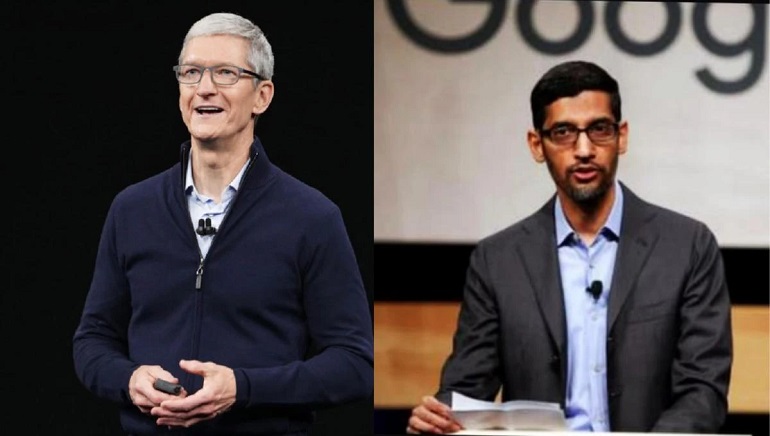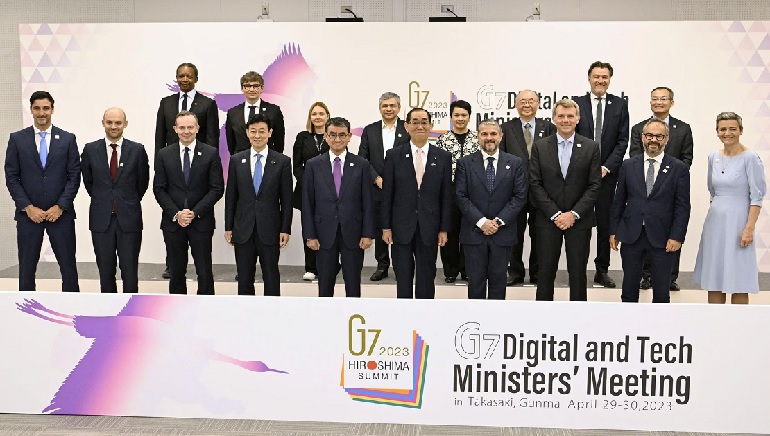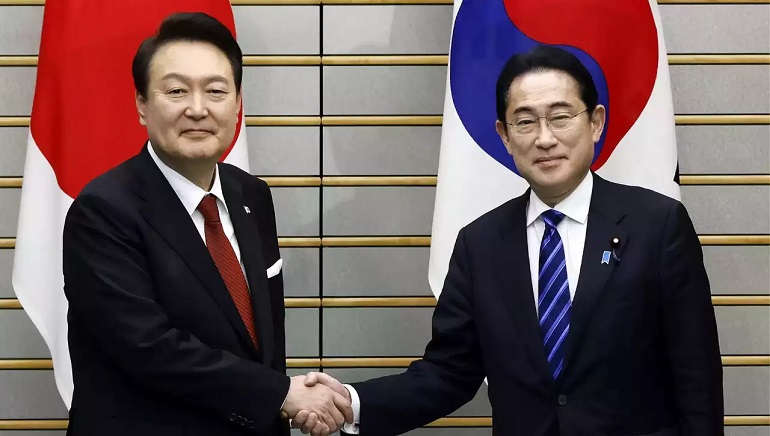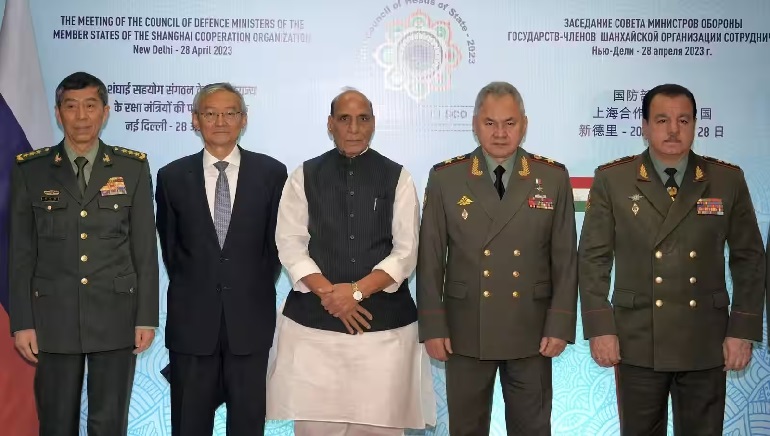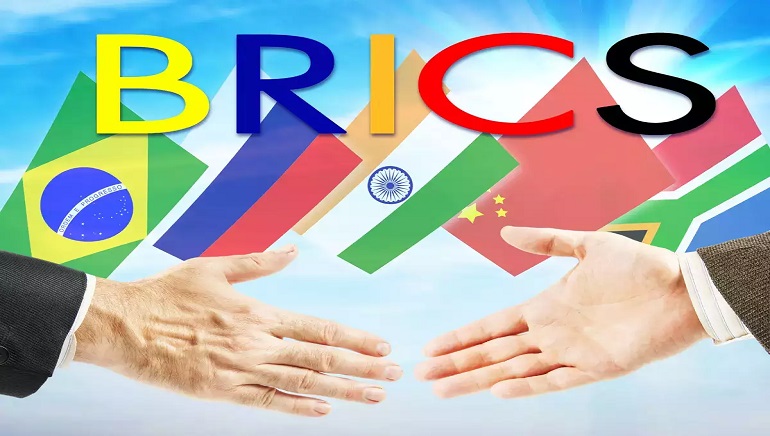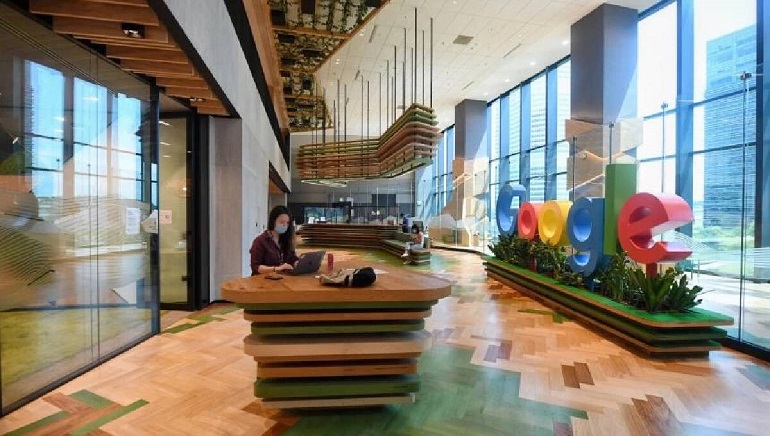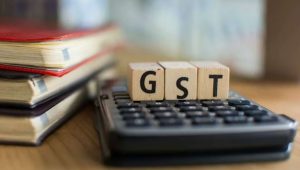India is looking to ramp up its exports to the United Arab Emirates (UAE) with a target of $50 billion in exports by the financial year 2026-27. This goal was set during a meeting between India’s Minister of Commerce and Industry, Piyush Goyal, and the UAE’s Minister of Economy, Abdulla Bin Touq Al Marri.
The UAE is one of India’s top trading partners, and India has been working to strengthen its economic ties with the country. In the financial year 2020-21, India’s exports to the UAE stood at $14.42 billion, with imports from the UAE at $17.77 billion.
The Indian government is now looking to increase exports of various products, including textiles, engineering goods, chemicals, pharmaceuticals, and gems and jewellery. It is also exploring opportunities for joint ventures and investments in various sectors such as renewable energy, infrastructure, and food processing.
The UAE has been supportive of India’s efforts to boost exports and has expressed its commitment to strengthening the economic ties between the two countries. The UAE is home to a large Indian diaspora and is an important destination for Indian businesses looking to expand their operations in the Middle East.
In conclusion, India’s target of $50 billion in exports to the UAE by the financial year 2026-27 is an ambitious goal, but it demonstrates the country’s commitment to strengthening its economic ties with the UAE. This target can be achieved with a concerted effort to increase exports of various products and exploring opportunities for joint ventures and investments in various sectors. The UAE’s support for India’s efforts is encouraging, and it is expected that the economic relationship between the two countries will continue to grow in the years to come.





